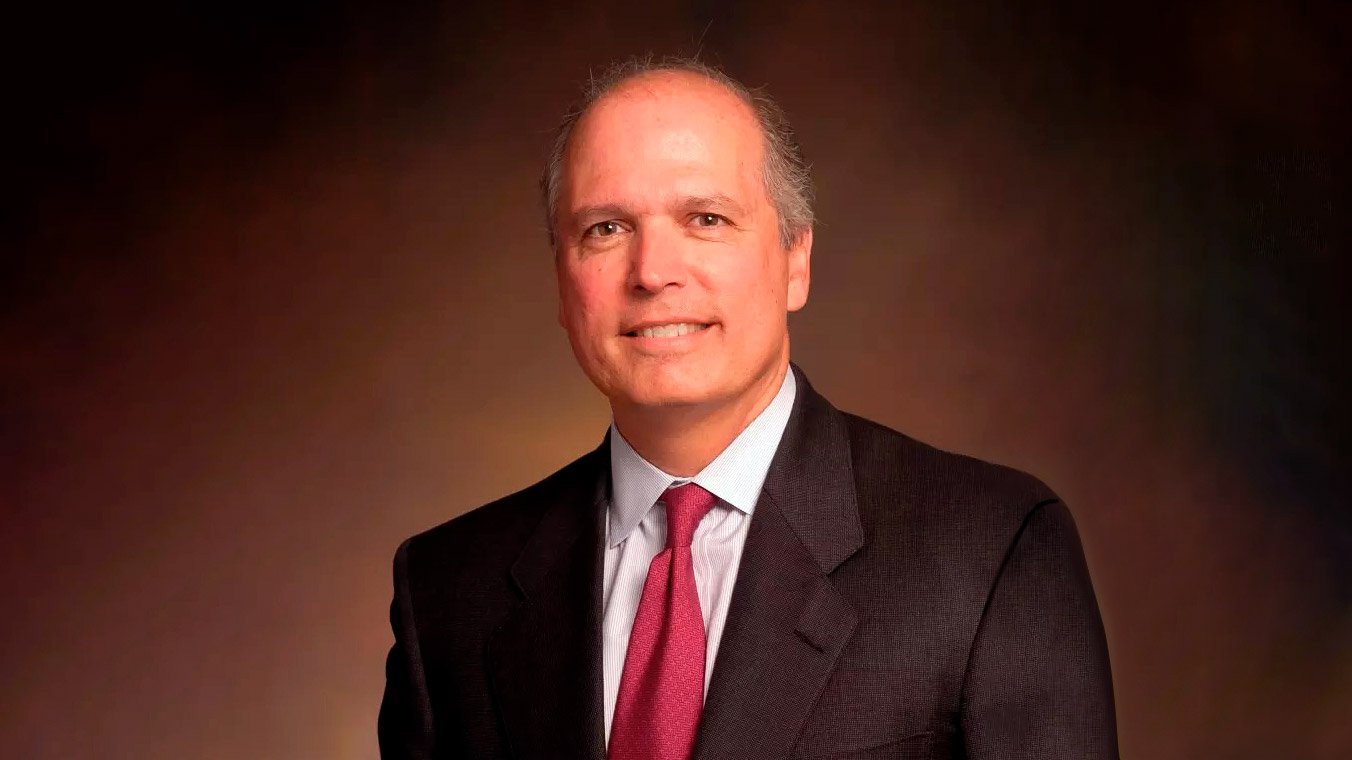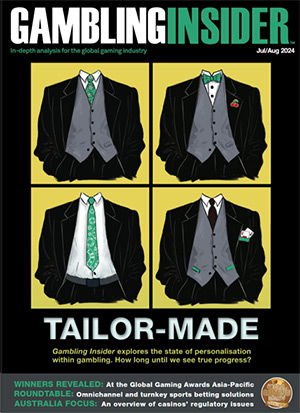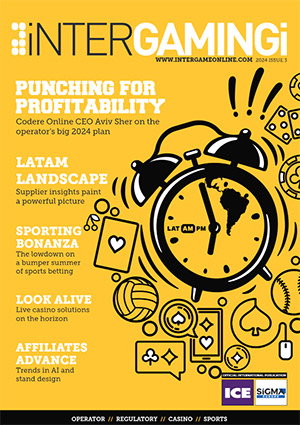Common reasons why your iGaming license might be denied

Ron Mendelson is the Director of Costa-Rica based International Business & Corporate Services consultancy firm, Fast Offshore. With over 24 years of real-world experience in iGaming Licensing and Payments, Regulatory Compliance, Tax-Efficient Corporate Structuring, Incubator and other Hedge Fund Licenses, Blockchain and Cryptocurrency related services, he advises a number of international clients on their business needs in the Americas, Europe, and beyond.
Setting up an online gambling company and applying for the license can be complex and time-consuming. If you satisfy the requirements, there is no reason why it should get denied, but there are times where licensing authorities say no. Each jurisdiction is different, but most will refuse to issue a license in the cases described below.
Why you need an offshore license?
If you want to operate a legitimate online gambling company, you need a license. Many entrepreneurs opt for an offshore license to choose the jurisdiction that suits them best. Offshore licenses have lots of benefits such as cost-efficiency, fiscal incentives, and fast set-up processes. They also typically have less bureaucracy to wade through, and simple ongoing maintenance requirements.
Reasons why it might get denied
The application for an offshore gambling license is typically undertaken with help from a corporate service provider. They will guide you through the process and ensure your documents and application forms are in order. Even when the utmost care is taken, there may still be times when the application is denied for the following reasons:
- Criminal record or association with criminals
If you have a criminal record, particularly for financial crimes, fraud, and extortion, you will not be able to get an online gambling license. Most jurisdictions require that all applicants and stakeholders provide a police certificate from their native country, and country’s they have lived in for a significant amount of time.
Authorities will also carry out additional due diligence to see if the applicant is wanted, has any EUROPOL or INTERPOL notices against them, or any international judgments. Online gambling authorities take reputation very seriously and don’t want to be associated with criminals, or those linked to criminals.
- Politically exposed person
A politically exposed person, or PEP, is an individual who works in government or a state role of importance and responsibility. This can be extended to family members such as spouses and children.
PEPs are considered high risk because they are exposed to possible involvement or the temptation to get involved with corruption and bribery. This means that any of their funds have a higher risk of coming from an illicit source. Although PEPs can apply for an online gambling license, it is unlikely they would be approved because of the risks they inherently have.
- Living in a blacklisted country
Some countries are subject to international sanctions, blacklists, and other forms of limitation. This can be due to political or economic instability, a high risk of financial crime and terrorist financing, or other geopolitical issues. If you are a citizen of or living in countries like Iran, Iraq, Libya, Yemen, North Korea, and similar, you may find your application rejected.
- Adverse media reports
At the due diligence state, an online gambling license authority will check if there are adverse stories in the media about you or your company stakeholders. This could include allegations of misconduct, fraud, arrests, court cases, or anything that potentially causes problems.
The idea is that authorities only want to issue licenses to individuals who have a good reputation and will not bring disrepute to their jurisdiction. It’s also a way of checking the applicant has been honest with their declarations.
- Non-compliance with jurisdictional requirements
Each jurisdiction has different requirements and standards. If the applicant is unable to meet these requirements, they will not be granted an operating license. This could include matters such as paid-up share capital in the company, compliance requirements, matters related to responsible gaming and advertising, paying license fees on time, submitting audits and statements, or having issues with a previous gambling license.
Make sure you are clear on your jurisdiction's requirements and that you always abide by them. If you acquire the license but fail to keep up with requirements further down the line, it can get revoked and you might not be able to apply again.
Through consultations, Fast Offshore assess each individual’s needs and match them with the optimum jurisdiction. Then we guide them through the application process, ensuring every requirement is met legally. We also help with ongoing maintenance and compliance, to ensure licenses remain in good shape.



















































